Blue Origin executive joins the Rocketry Club for a Q&A
November 12, 2021
This piece was submitted by Eddie Hickerson (10, J&C).
Eddie Seyffert from Blue Origin, Jeff Bezos’s rocket company, visited Manual yesterday for a Q&A session with the Rocketry Club. Seyffert, who works at Blue Origin in Strategy, Marketing, & Sales spoke with students about topics such as the New Shepard expedition, Blue Origin’s future projects, and the rocketry club’s rocket specs.
The event was organized by Richard Lian (10, MST) who started the Rocketry club. “Obviously he’s very busy but [Seyffert] found time to do it today,” Lian said.
Seyffert joined through Zoom to present to the students gathered in Mr. Applegate’s room. Before he started his presentation, Seyffert explained the vision of Blue Origin: “At Blue Origin our vision is millions of people living and working in space” Seyffert said, then explained that in 2019 the company added “for the benefit of the earth” to the vision. “That’s the real reason why we’re doing this; we’re building our road to space.”
Lian curated any questions that the approximately 30-person audience asked. At the end of his presentation, Seyffert opened the floor for other questions.
One question had to do with pollutants from rockets. “As you know, when you’re working, there are pollutants, and those pollutants have kind of ruined our earth. How do you plan to lower those effects?” Shya Butler-Bythe (9, VA) asked.
Seyffert responded by explaining that the by-product of Blue Origin’s B-3 rocket engine is water vapor, and has no carbon emissions. “Water vapor is a known greenhouse gas but it has the opposite effect of heat,” Seyffert said.
“I was very curious because there are a lot of variables, you know. . . I was curious if they had thought about the factories. Because if you’re working in space, there’s gonna be factories. But he just talked about rockets and that’s not gonna be the main source of pollution,” Butler-Bythe said after the question portion of the afternoon.


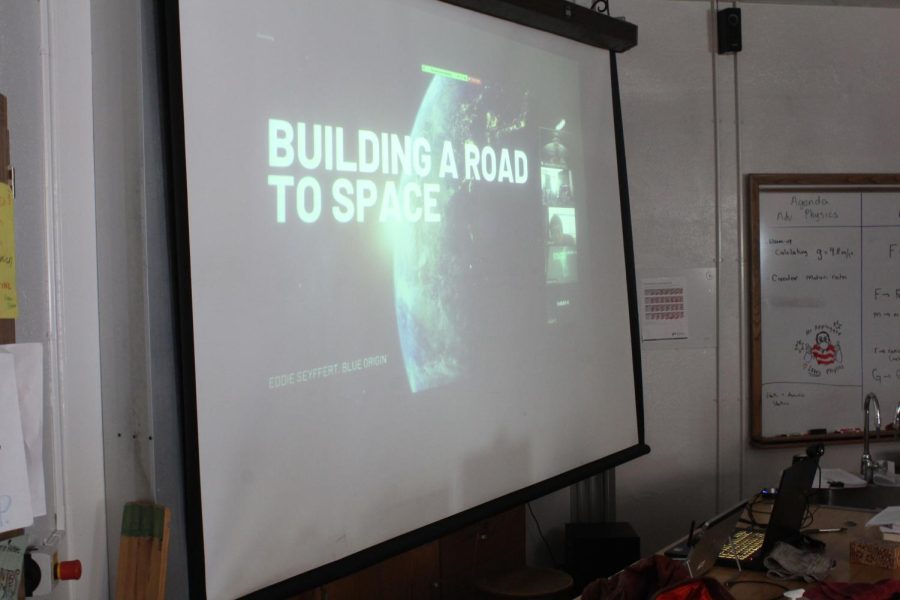
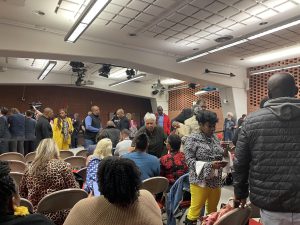





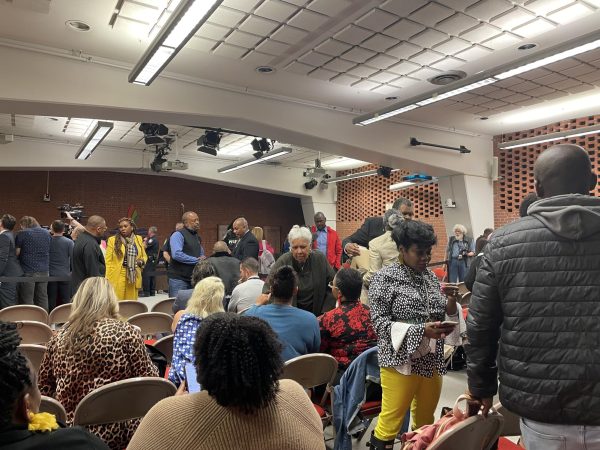
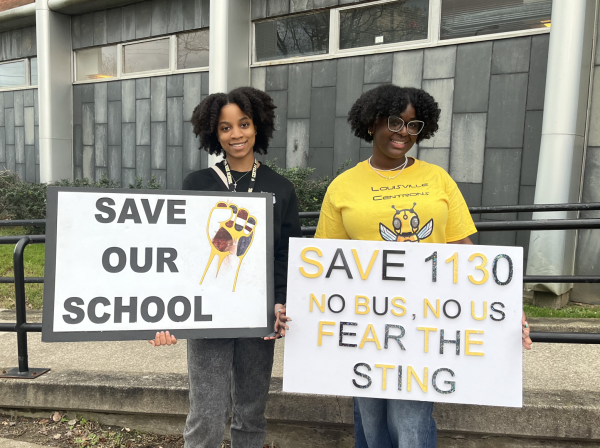
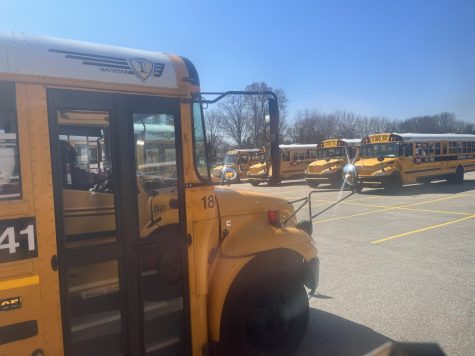
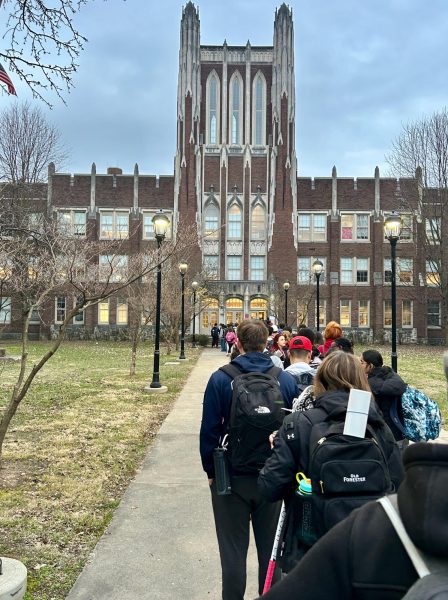
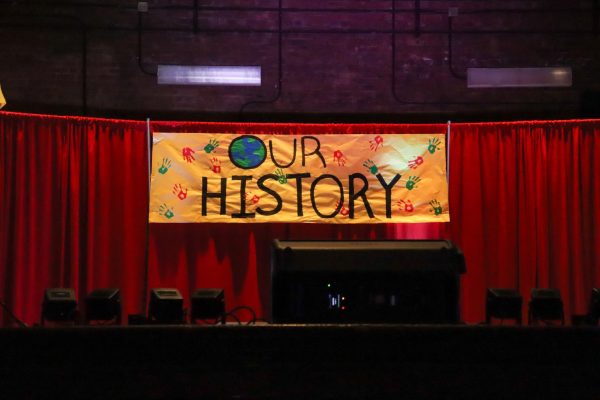
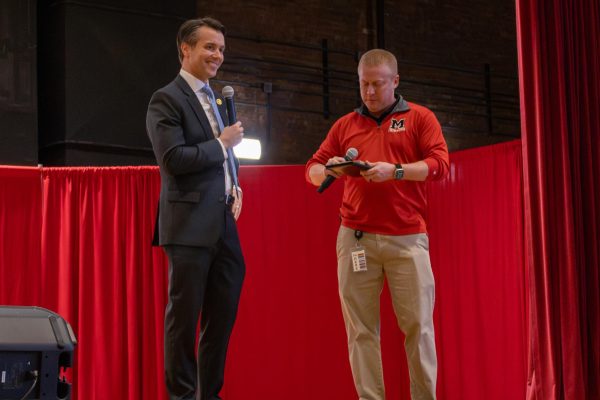




Bob Smith • Aug 12, 2022 at 4:30 pm
“Seyffert responded by explaining that the by-product of Blue Origin’s B-3 rocket engine is water vapor, and has no carbon emissions”, but how are the propellants sourced? Most industrial hydrogen is sourced as a by-product of burning methane, producing CO2. Seyffert needs to stop green-washing this project.